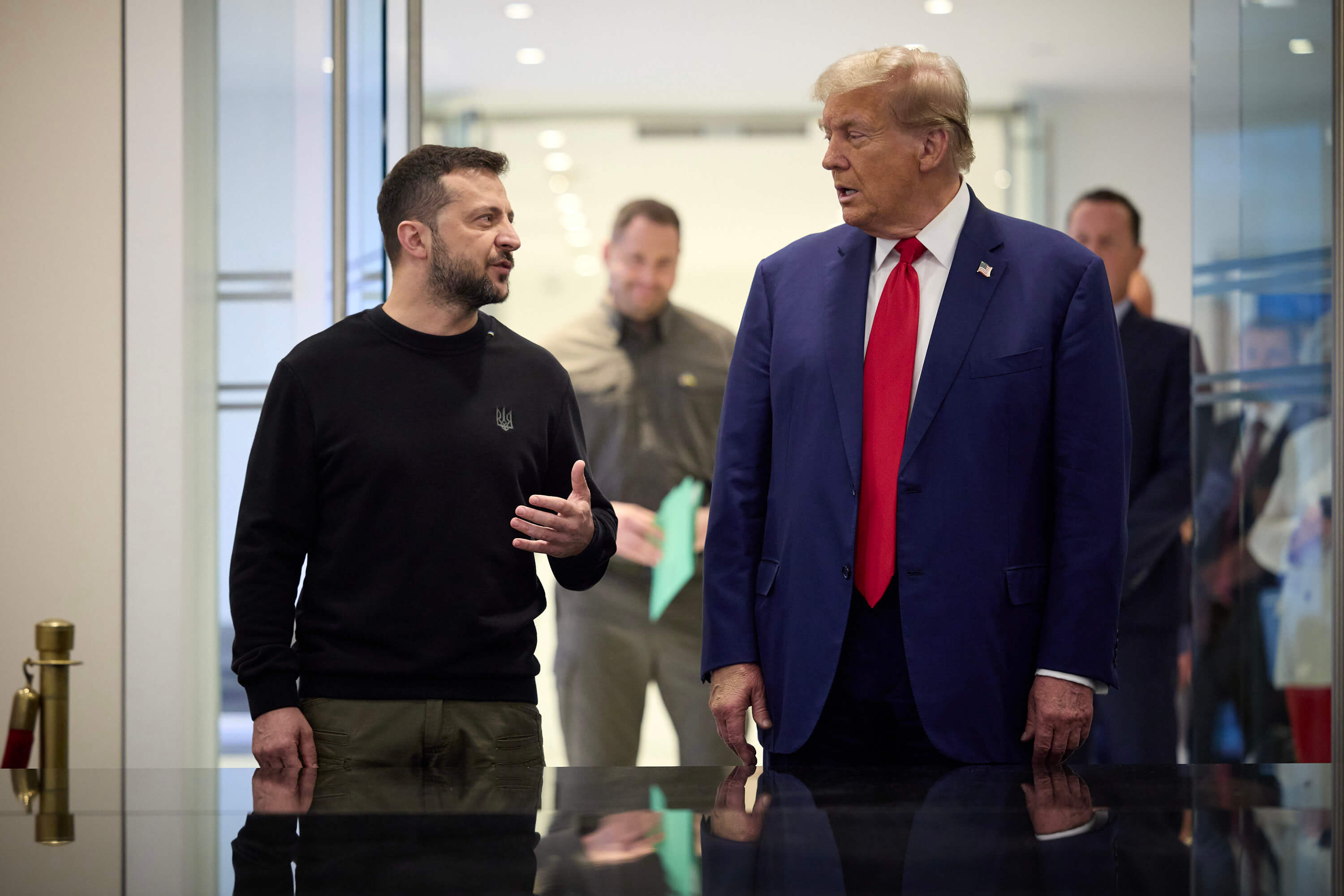By appointing retired general Keith Kellogg as special envoy for Russia and Ukraine, Donald Trump somewhat reduced the uncertainty of his previously vague plans for the resolution of the conflict.
The authority and previous career of the 80-year-old general ensure that the Russian-Ukrainian conflict will undoubtedly be at the top of the priorities of Trump's presidency. Furthermore, Keith Kellogg's perspectives on reaching peace are highly significant.
Ukrainians and all those who support their struggle have reason, if not to be completely satisfied, at least to be optimistic that the US mediation will work for Ukraine's existential interests.
The question that remains unanswered is how much personal influence Gen. Kellogg will have on designing peace—that is, to what extent he will be able to create Trump's position, not just implement it.
Given the high American and global expectations of Trump's participation in resolving one of the biggest conflicts in the world, Kellogg's appointment holds significant importance in selecting the future president's first team.
Not an actual surprise
This appointment was somewhat of a surprise, given that sources gave the top chances to Richard Grenell, Trump's former ambassador to Berlin and, subsequently, the head of the intelligence community.
But the surprise is only apparent. Gen. Kellogg, who has a long and successful military career, held high national security positions during Trump's previous term, which lends credibility to the responsible position the future president entrusted to him.
The primary recommendation for the new post was undoubtedly his strategy from last April, which aimed to position the US towards resolving the Russian-Ukrainian conflict following Trump's inauguration.
General Kellogg is advocating an approach that can appease all those concerned, starting with the Ukrainians
Trump accepted this document, which partially blames the conflict's outbreak on outgoing President Joe Biden. Speaking for himself and on behalf of co-author Fred Fleitz, also high-ranking in the previous Trump administration, he said, "We were pleased to get the feedback we did."
General Kellogg is advocating an approach that can appease all those concerned, starting with the Ukrainians. General belief is that Trump will primarily aim for the rapid establishment of peace, "in one day," as he stated during the campaign, but at the expense of Ukraine's territorial integrity.
Continuation of arming Ukraine
The future chief American mediator prioritises establishing a ceasefire along the frontline, but this does not imply surrendering the occupied Ukrainian territories to Moscow.
He (surprisingly?) advocates continuing to arm Ukraine, with the dual goal of forcing Putin to negotiate peace while at the same time guaranteeing Ukraine enough military potential to dissuade Moscow from threatening it again.
“The United States would continue to arm Ukraine and strengthen its defences to ensure Russia will make no further advances and will not attack again after a cease-fire or peace agreement,” wrote Gen. Kellogg.
The future Trump envoy for Russia and Ukraine fully harmonises the position with European partners
He also advocates that the US should enable Ukraine to "negotiate from a position of strength," by which the future Trump envoy for Russia and Ukraine fully harmonises the position with European partners.
They have taken steps to mitigate this unwanted effect and intensify their efforts to support Kyiv precisely because they have been anxious that Trump would neglect Ukraine's interests.
If Trump adopts Gen. Kellogg's ideas as his final strategy for the war in Ukraine, it will also indicate that concerns about a split among the transatlantic partners over continued support for Ukraine were unfounded.
Competition with other crises
One of the more important constraints facing Keith Kellogg will be that addressing Russian aggression against Ukraine will not be an isolated foreign policy issue for the incoming administration.
It will be a part, albeit one of the most important, of a wider mosaic of crisis management that the Trump administration will have to deal with simultaneously.
 One of the more important constraints facing Keith Kellogg will be that addressing Russian aggression against Ukraine will not be an isolated foreign policy issue for the incoming administration
One of the more important constraints facing Keith Kellogg will be that addressing Russian aggression against Ukraine will not be an isolated foreign policy issue for the incoming administration
The entanglement of American interests may limit Kellogg's reach, particularly when considering Trump's plans on China, which are likely to be a top priority of his future presidency.
China appearing neutral in the Ukrainian conflict, coupled with its de facto patronage of Russia, will undoubtedly be an aspect of future American complex relations with Beijing.
Furthermore, Trump's approach to the overall partnership with Europe, whose leaders rightly believe they have significant differences in assessing the degree of danger from Putin's aggressive policy, will be crucial.
Despite his recent promotion to one of the future president's most important advisers, Gen. Kellogg will face a formidable challenge in establishing his models as the final state platform.
Additionally, he must strive to make his department a priority for the entire administration, thereby "overcoming" the competition he will face in other global crises, as well as from fellow special envoys who will also be in charge of them.